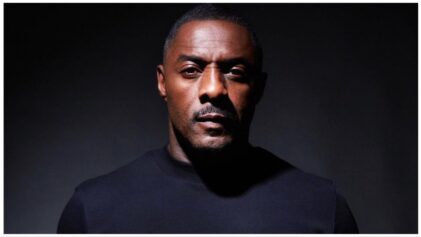“Captain Phillips,” the Somali hijacking movie starring Tom Hanks opens nationwide this weekend.
The movie is based on the story of Capt. Richard Phillips and the 2009 hijacking by Somali pirates of the U.S.-flagged MV Maersk Alabama. Through director Paul Greengrass’ distinctive lens, the film is simultaneously a pulse-pounding thriller, and a complex portrait of the myriad effects of globalization.
“Captain Phillips” recently opened the New York Film festival to rave reviews and garnered Hanks Oscar buzz for his lead role. The film focuses on the relationship between Phillips and the Somali pirate captain, Muse (Barkhad Abdi), who takes him hostage. Phillips and Muse are set on an unstoppable collision course when Muse and his crew target Phillips’ unarmed ship; in the ensuing standoff, 145 miles off the Somali coast, both men will find themselves at the mercy of forces beyond their control.
Dana Stevens, of Slate says:
“In addition to being an action-adventure about captors and hostages, Captain Phillips is a tragedy about the ruinous consequences of global capitalism. The would-be pirates may have it unimaginably worse than the middle-class Phillipses, but everyone we see onscreen is just a working man doing what he feels he has to do to get by.”
Rodrigo Perez from the Playlist, gave the movie an A, adding:
“The white-knuckled immediacy Greengrass delivers to every scene is transportive, dropping you like a passenger, gagged and bound, into this extremely volatile situation. The fear, panic and emotional pain every character endures is utterly tangible.”
Richard Corliss of TIME writes:
“Creating zigzag lines of screen conflict, Greengrass floods the moviegoer’s eye with enormous amounts of assimilable detail. Those gifts are on offer here too, but in a scenario lacking in suspense. You wait not for Phillips to be saved but for the young pirates to crack. They are four kids in a lifeboat against the world’s most powerful navy. What’s at stake is the boys’ doom, not the captain’s life.”
Kenneth Turan, Los Angeles Times:
“As the back and forth between Phillips and Muse continues through more tense permutations than it is possible to list – one man determined to save and protect his crew, the other focused on getting the payday this has all been about – they come to have a wary and grudging kind of understanding of the profound ways their lives differ. All these strands come together when an exasperated Phillips says to Muse, ‘There’s gotta be something other than being a fisherman or kidnapping people,’ and the Somali replies after a beat, “Maybe in America.” It’s yet another moment to ponder and savor in this altogether exceptional film.”
Richard Roeper, Chicago Sun-Times:
“Barkhad Abdi, a Somali new to acting, is up to the task of sharing scene after scene with Hanks. Abdi’s Muse is the unquestioned leader of the pirates, verbally sparring with Phillips as the captain acquiesces to demands while trying to keep his crew hidden and figure out a way to contact help. After a number of tense confrontations aboard the ship, the pirates and Phillips exit the ship in a 28-foot capsule with poor ventilation and limited supplies. It feels like a death trap.”
Alonso Duralde from the Wrap wrote:
“The filmmakers are as interested in the human element as they are in the true events they’re recounting. It’s too bad that they couldn’t have made their real-life bad guys as multi-dimensional as their hero.”
“Captain Phillips” opened in theaters Friday Oct. 11. Check your local listings for show times.


